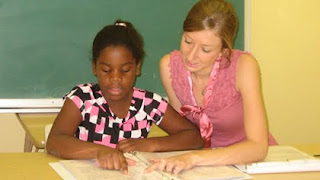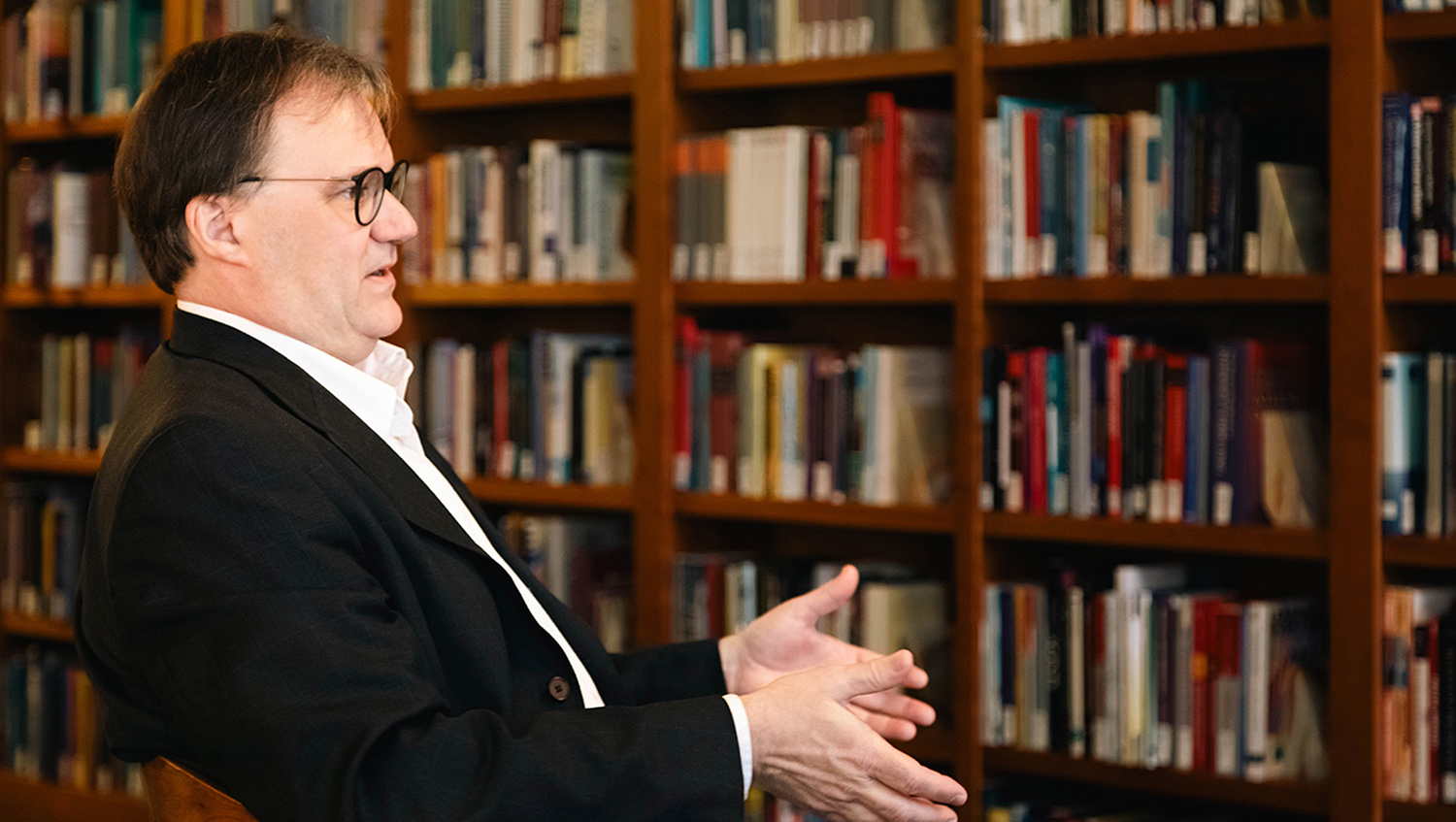Psych Prof’s Research is an Open Book
 When John Begeny saw that an aspect of literacy education was getting scant attention in schools, he decided to research it. Begeny, an associate professor of psychology at NC State, has used that research to develop an effective new tool for teachers. And he’s making sure anyone who needs it can have it – for free.
When John Begeny saw that an aspect of literacy education was getting scant attention in schools, he decided to research it. Begeny, an associate professor of psychology at NC State, has used that research to develop an effective new tool for teachers. And he’s making sure anyone who needs it can have it – for free.
When he arrived at NC State in 2005, Begeny was interested in “reading fluency.” That’s a child’s ability to read with sufficient speed and accuracy, while also reading with good expression (for example, pausing at commas when reading out loud). He knew reading fluency was a skill that was commonly neglected in reading instruction, and he wanted to do something about it.
But rather than trying to develop solutions based on his preconceived notions, Begeny wanted to base any potential solutions on solid science. “I wanted to take a research-driven approach to addressing a very real need in literacy education,” Begeny says. “Fluency is important. Kids who aren’t fluent readers are not going to understand what they’re reading as well as fluent readers are, and they probably aren’t going to read as much. People generally don’t choose to do things they aren’t good at. Also, reading fluently helps give kids confidence in their reading ability.”
Ultimately, Begeny created a literacy program called Helping Early Literacy with Practice Strategies (HELPS), rolling it out to the public in January 2010. Recent research shows that the HELPS program not only boosts student reading fluency, but also helps kids develop other reading skills, such as reading comprehension and so-called “basic reading skills” (such as sounding out words).
But developing the program was only the starting point – Begeny wanted to make sure the program was available to every teacher or parent who wanted to use it.
To support that idea, Begeny also launched the HELPS Education Fund in January 2010. The nonprofit organization gives teachers free access to HELPS program materials, including teacher’s manuals, training videos and online support. Through the fund, the HELPS program has now been disseminated to over 7,000 teachers and is used in classrooms in all 50 states.
As part of the HELPS Education Fund, Begeny also plans to release a Spanish-language version of the HELPS program later this year, and a suite of early-literacy tools for parents by 2012. In addition, he hopes to have online educational consulting services available some time next year. Again – it’s all free to those who need it. That’s research in action.
This article by Matt Shipman first appeared at www.ncsu.edu, where you can see related links.
- Categories:


